SUMMARY
This is AI generated summarization, which may have errors. For context, always refer to the full article.
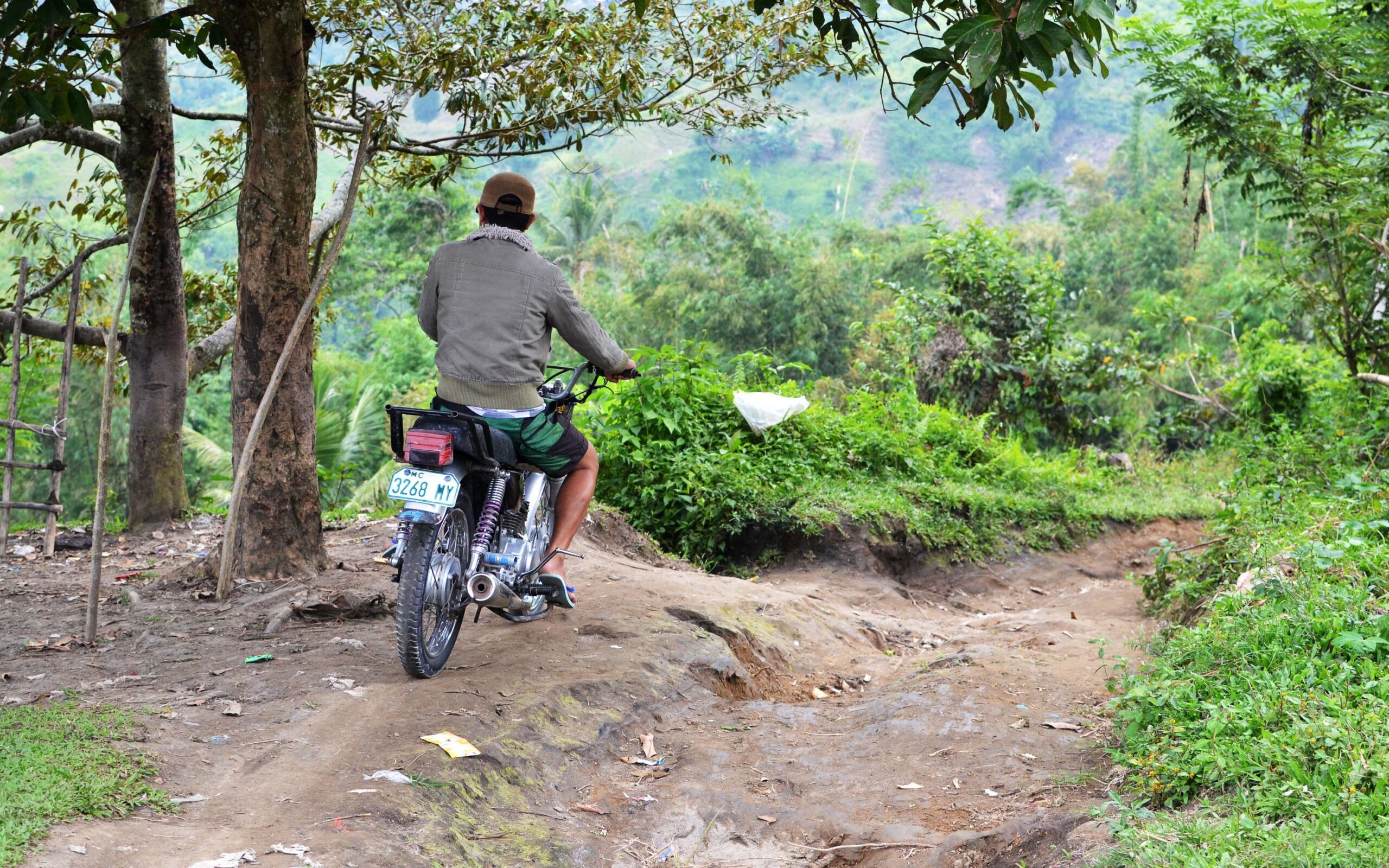
With the election looming, I feel there is a need to put the voices of the countryside in the political discussion: the countryside I come back to, the countryside I traveled to on a regular basis; the countryside that is the Philippines; the countryside that has no voices on social media; the countryside whose perspectives on important matters like choosing the “right” or the “less evil” among the politicians is different from the informed, the articulate, the highly political circle, many of them city dwellers, who may sound big and influential on social media but actually small in number once we put statistics on the game board.
For a small archipelagic country like ours, it houses around 100 million living bodies. There are around 54 million registered voters, according to the COMELEC. The biggest number of voters comes from Luzon, seconded by Mindanao, and the tail is the Visayas. It makes you think that even though Mindanao is the biggest land mass in the country, most of its population is either not registered voters or they move out from this misunderstood yet beautiful place. Votes do not come from big cities like Manila or Cebu. Votes come from the countryside or places are like cities but have characteristics of the countryside at their very core.
Here are some observations gathered from the road.
Good roads are repaired
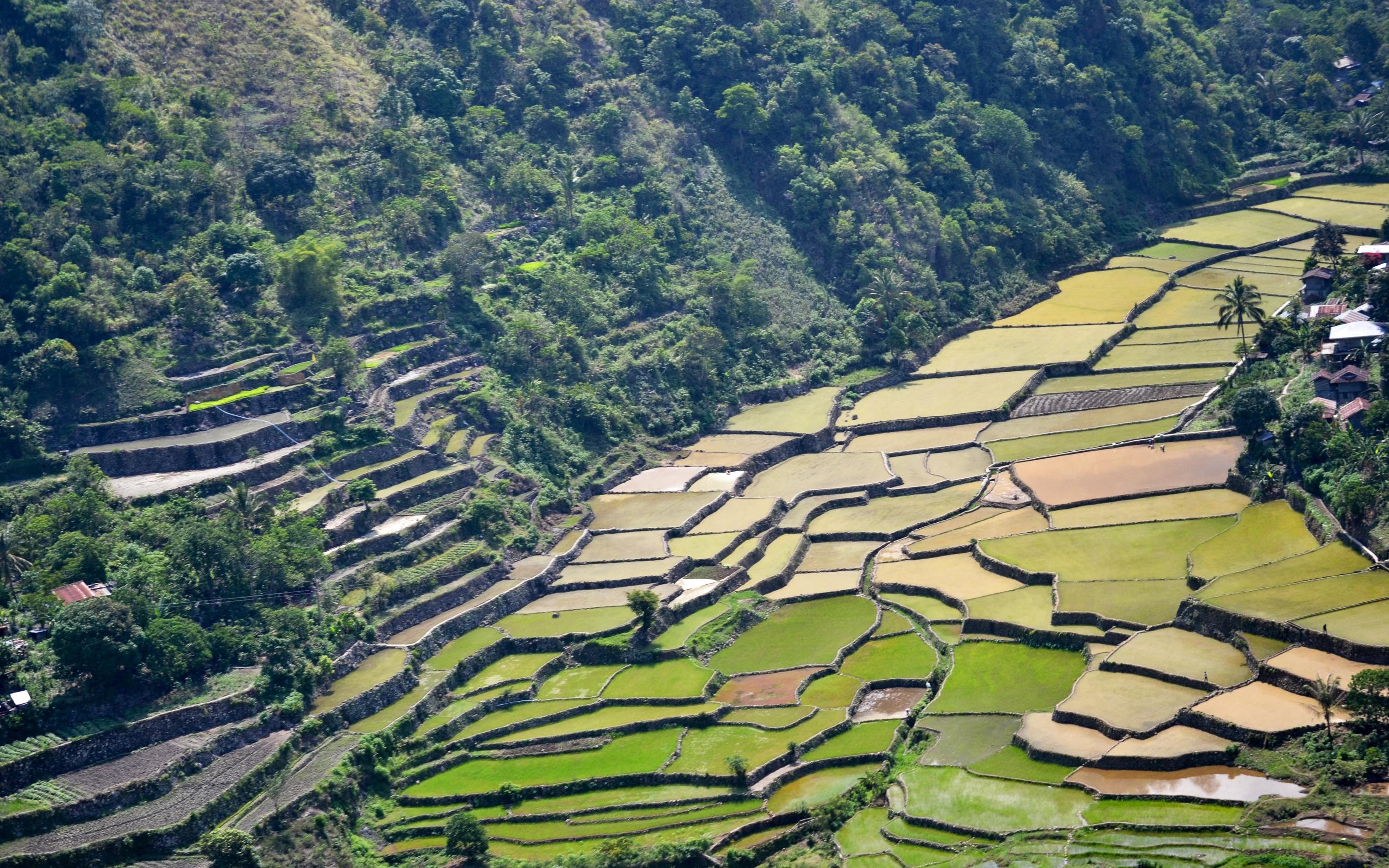
Months before the national election, the traffic was more horrible. The constant honking of the vehicles woke me up from my mouth-gaping sleep across the bus driver’s seat. It made me wonder for a bit what was going on: did someone get hit? Is there another car vs motorbike collision? And then I would look at the driver’s grumpy face and ask what was going on. And he would answer in a local language that you know the election is near when good roads are repaired.
It made me think if it is just mere coincidence. I do understand that there is a need for roads to be repaired; but why does it always happen months before the election? And the drivers, opinionated as they are, would have something to say: the kickback is big, and the politicians need it to fund their campaigns.
Bad roads remain bad
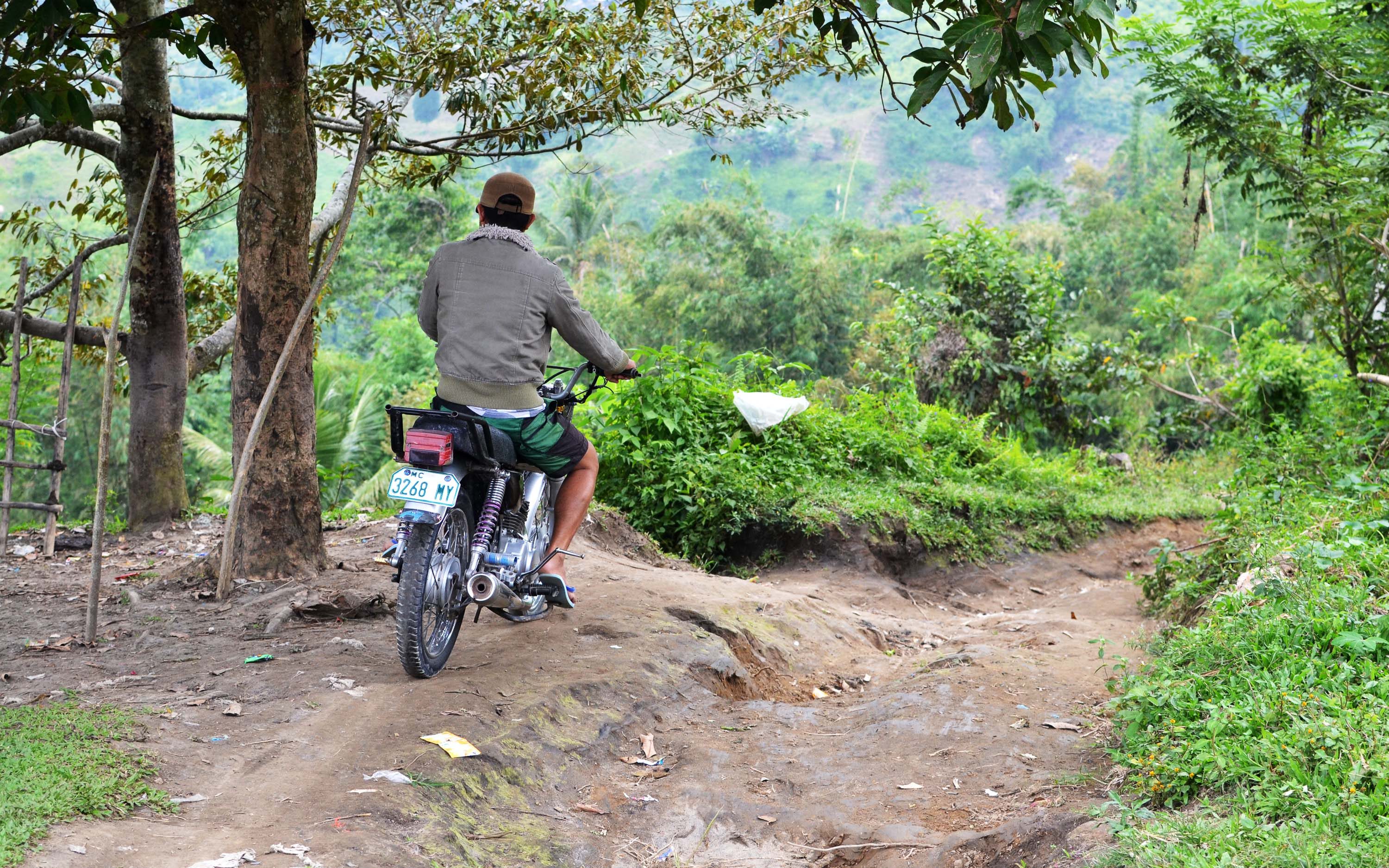
My childhood was spent in the countryside: the real countryside. Where we hunted for wild guavas by the slope below my grandmother’s huge wooden house. Where we begrudgingly woke up at 5:30, walked for about 15 minutes to the nearest communal water pump, took a shower the Filipino way (with bucket and dipper), and walked back home with a gallon of water in each hand. Where we saw the cows, goats, and carabaos graze after school. Where we huddled near the radio and listened to dramas, the most memorable was the gin brand-sponsored, “Kulafu” for its elements of magical realism – a phrase I would not know until I studied in the city. Where I heard and laughed at Teban’s and Goliath’s jokes. Where trash were thrown behind the kitchen. Where parents contributed live chickens come school’s closing ceremony. Where wives gathered firewood from the wild. Where we climbed mango and tamarind trees without the thought of breaking bones. Where life was simple. “Simple” as a synonym of “beautiful.” “Simple” as a euphemism of “poor.” I felt both.
During my childhood, I could remember going to the plaza and listening to different political candidates sharing their platforms, among these promises is to have our road concretized. I’m now 30 years old and have long left the countryside, first to pursue my studies and second to make a living. And parts of the road, yes, just parts of the road, were concretized when I was 28.
Last month, with six mountain climbers, I went to Sibuyan Island, Romblon to climb the notorious Mt. Guiting-guiting. Some roads double as rivers, and when I pointed this out to our climb coordinator/tricycle driver, he quickly joked, “May PDAF scam kasi.”
Unfamiliarity with social media remains
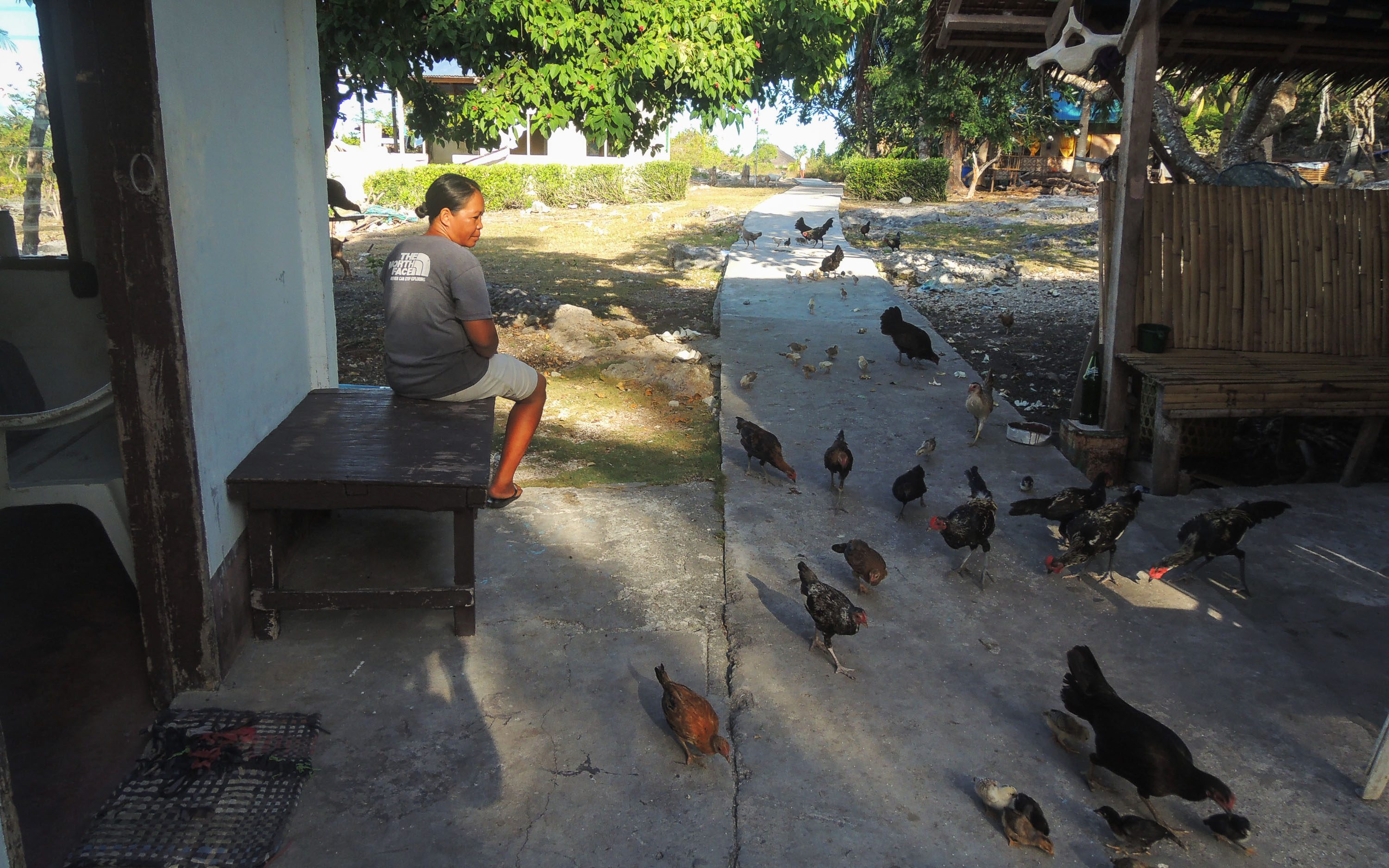
A month ago, I went to the slightly more popular Celosia Farm in Sirao, a mountainous barangay in the outskirts of Cebu City. As a habit, I would engage the locals in a little conversation on their daily life, and in return they would ask what brought me there and what would I do with the countless of photos I took. I mentioned my freelancing stint to two online news portals, but they did not know anything about these. The couple only said, “Aah, sa computer.”
And it was not a singular case. With my constant traveling around our country, it dawned on me that many registered voters do not have access to any information online.
With the national election almost here, social media, especially Facebook, is very loud nowadays: people bashing one another or one another’s manok (bet). But the people who live in the outskirts of the city or in the countryside do not have access to viral posts and snide remarks online.
On newspapers
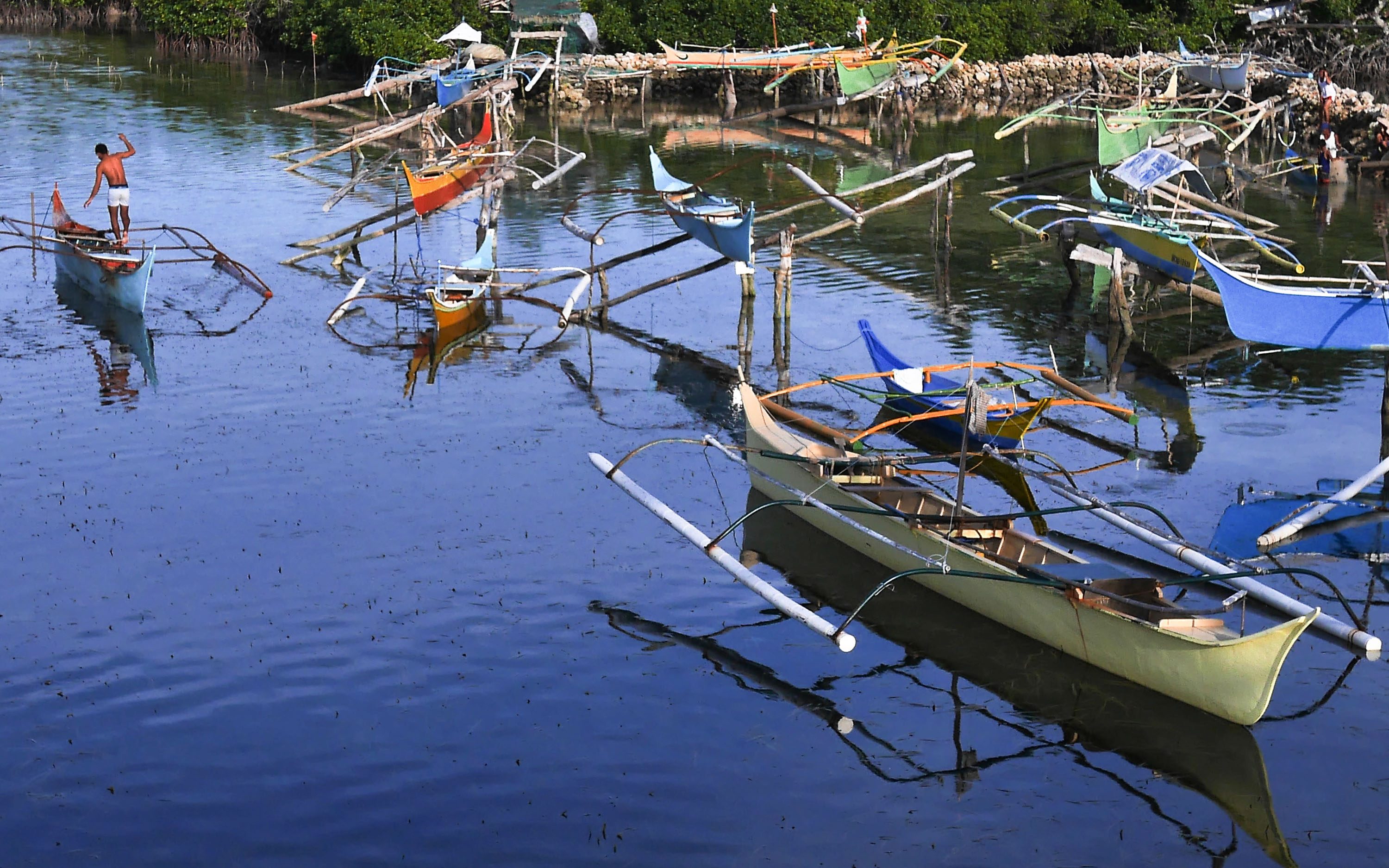
You can say that reading newspapers in a form of privilege. The cheapest tabloid in a local language costs P6 in the city. It can be P8 or P10 once it reaches the countryside. Believe it or not, P10 is a big deal for others already. Why would you spend 10 pesos for something that you cannot eat? Unless it is Swertres or lotto, which has a more hopeful return of investment, which is a daily affair for many people.
Painful it may seem, reading is a rather unnecessary pastime for most Filipinos. Old newspapers are used to wrap purchases in the market, and even that is a dying culture because plastic is more practical and cheaper.
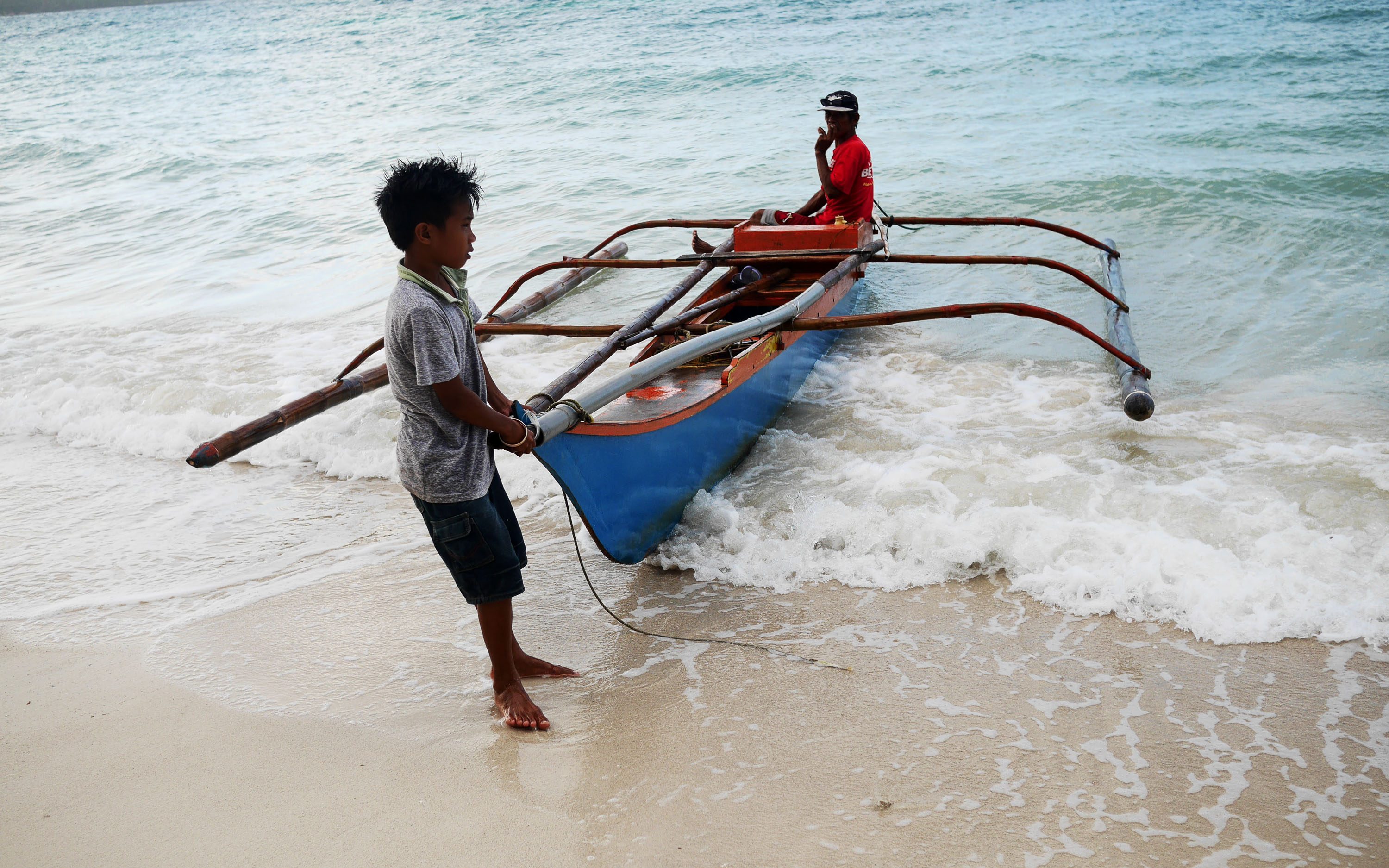
My family still lives in the countryside, and you can say that we are one of very few in the neighborhood that has cable TV installed. And yes it is a privilege to choose different TV channels whenever my family wants to. But even in our household, certain TV shows and channels are followed: TV5 for sports, but mostly ABS-CBN for its teledramas.
This TV station has the widest reach in the whole country – and you can say – has shaped the minds of many Filipinos. The people in the countryside glorify TV. Farmers go on with their daily lives toiling the land with a radio humming beside them. They believe in everything they see on the screen. They believe their favorite broadcaster. Melodrama and action appeal to them. Now think of the politicians that have the most dramatic TV commercial; they target the teleserye-loving demographics, who would not find the ads awful at all.
This is how information monopoly looks like.
The political courtship involves the whole family
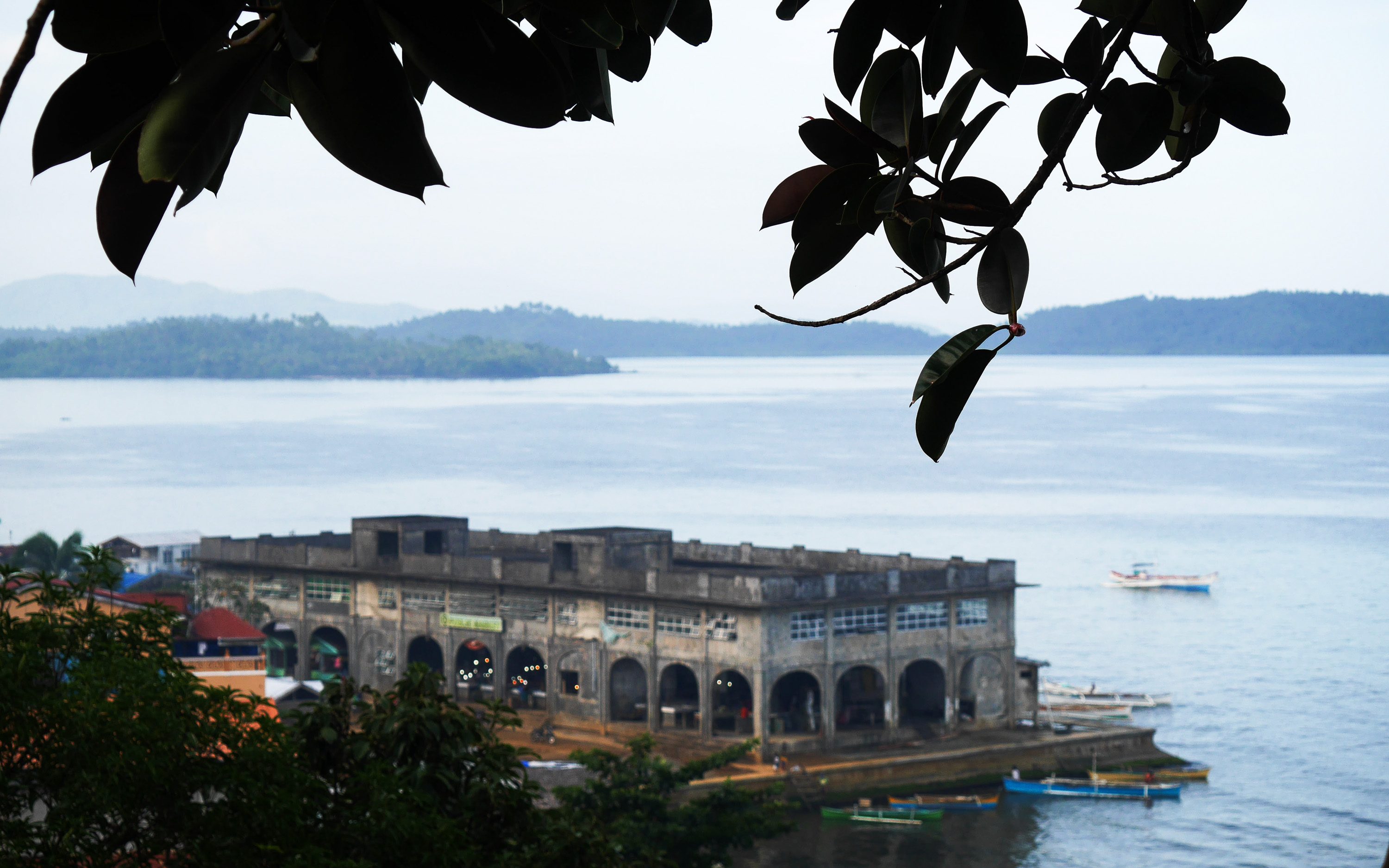
My mother and I do not have a president. My father is for Mar. My siblings are all for Digong. We all have Leni as our vice president. There was a time that my father was a barangay leader for one candidate and Mama for another.
But that does not how traditional political courting looks in the countryside. More often than not, the whole family has the same candidates to vote for. Imagine a family with a voting capacity of ten or fifteen. “Vote straight” is widely practiced, especially to avoid conflict between the family members, which says a lot about mine.
A day before or after the election is shopping day
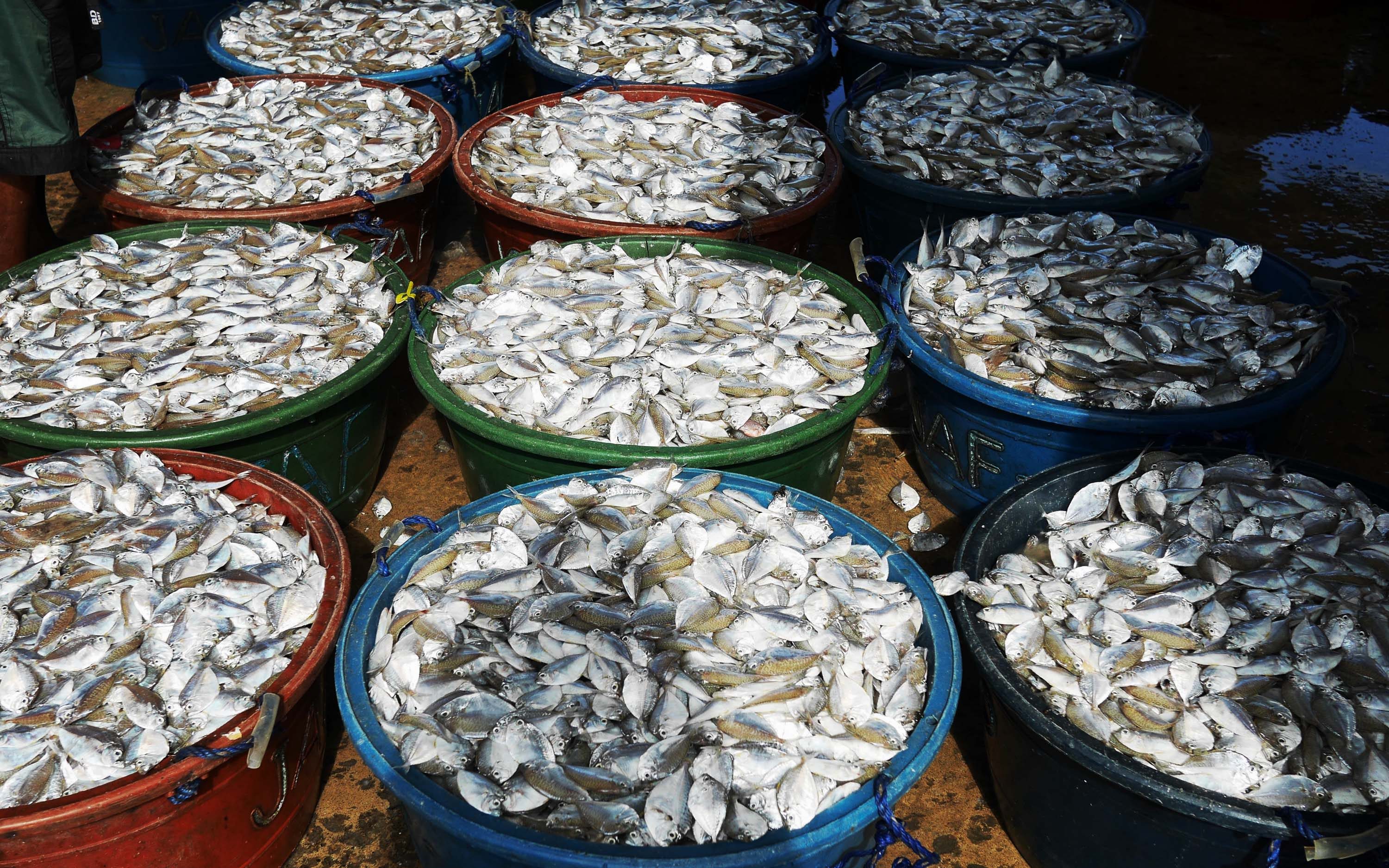
Vote-buying is a reality. In some places, the act is called “kamang” which means to crawl. Vote buyers crawl into a household in the dead of the night and hand the money and the sample ballot. Some are rather very systematic. Leaders enlist the names of the voters and endorse the list to a political candidates’ office.
Now can we stop this practice? No. Because many voters are actually too jaded with promises that the only time they can take advantage of the politicians is through the money they give on election times. We might not be able to understand this, but this is a mentality of many voters in the countryside.
A day after or before the election, the poorest of the poor would ride a habal-habal or a jeepney and head to the market and come back home with a new plastic bucket or basin or a kilo of pork or chicken.
Hannah, a nurse character in Michael Ondaatje’s The English Patient, wrote a letter to her stepmother in Canada. She was assigned in the war-torn Italy, nursing a bed-ridden spy who was in a delirium of his love affair that crossed deserts and continents. In the letter, she said, “Do you understand the sadness of geography?” a quote that I have been using as a tail end of my personal email, a quote that has reminded me a lot of our archipelagic country.
If there are two lessons I learned from my constant wandering around our country, it would be this: first, the archipelagic nature of our country is both our strength and downfall and second, the Philippines is too small a country but is too big to be completely represented by the mainstream media.
I dreamed of a unified Philippines. But that is too much to ask for a country whose beauty is its plurality. And this election is going to show once again how divided, how plural we are. – Rappler.com
Jona Branzuela Bering is a writer and photographer from Cebu, Philippines. When she is not traveling, she gardens, teaches, and becomes the slave of four cats. Follow her travels on Instagram @backpackingwithabook or on her blogBackpacking with a Book.
Add a comment
How does this make you feel?
There are no comments yet. Add your comment to start the conversation.